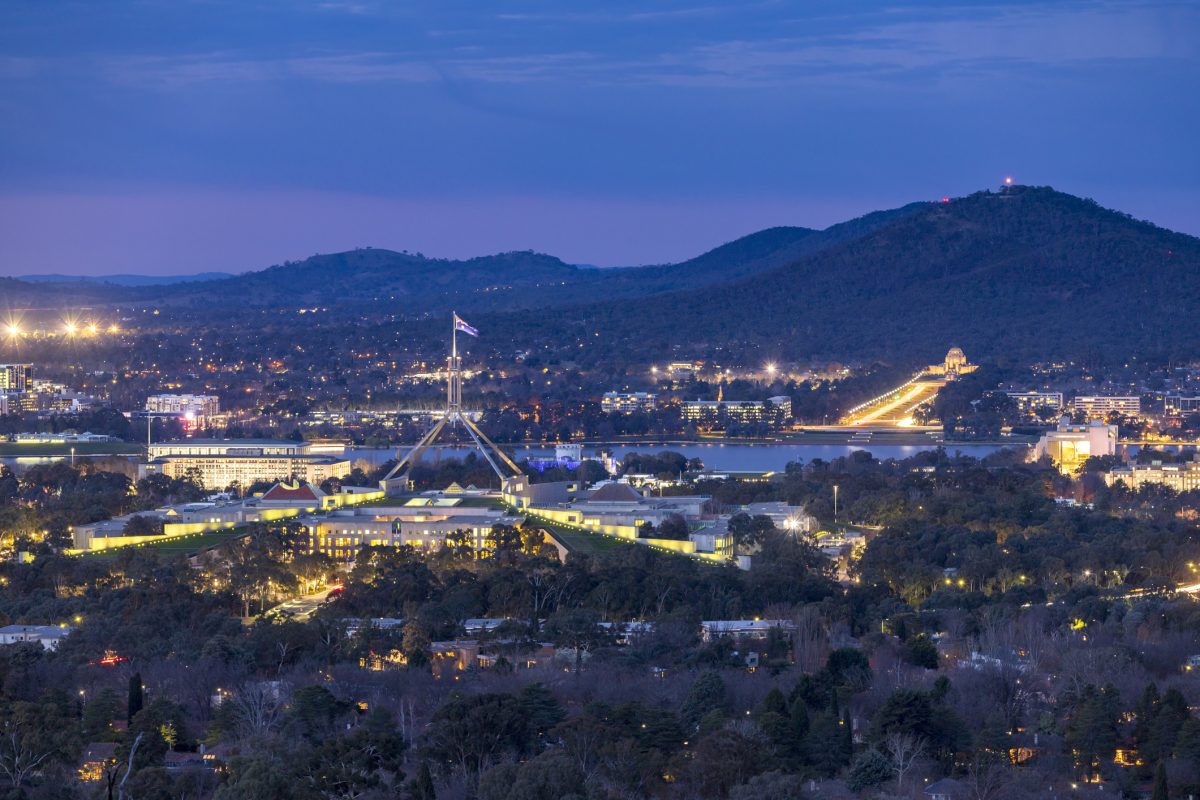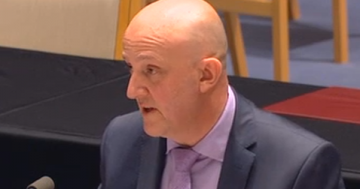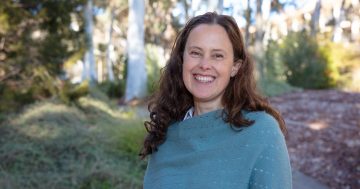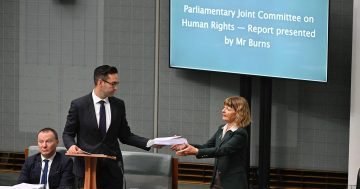
Canberra is Australia’s largest inland city and the eighth largest city overall. The capital was founded and formally named as Canberra in 1913. Photo: File.
After being hailed for passing legislation enshrining the right to a healthy environment, the ACT Government has been acknowledged by the Climate Council as a leader for action on climate change.
The council’s ‘Race to the Top’ report compares states and territories’ progress on important shifts like rooftop solar, home batteries, electric vehicle registrations and more. It found the most populous states are enhancing their plans to cut climate pollution, while South Australia, Tasmania and the ACT are nearly powered by 100 per cent clean energy.
Councillor and former BP executive Greg Bourne said the amount of renewable energy powering Australian homes and businesses had doubled in the past six years.
“Our main national grid is often powered by at least 40 per cent renewables, and the states have been key to this progress,” he said.
According to the report, ACT has the highest electric vehicle uptake (6.8 per 1000 people) and purchases 100 per cent of its electricity from clean energy sources.
Since 2020 the region has been powered completely by renewables, which was secured through power purchase agreements that afford locals some of the lowest bills in the country. It is also the first jurisdiction planning to end the sale of new fossil-fuelled vehicles by 2035.
The only deficiency identified in the ACT was that it has the lowest shared transport use of any Australian capital (3.1 per cent). This was mainly attributed to limited public transport services in Canberra’s spread-out suburbs, leaving residents reliant on their cars.
The Climate Council report arrived shortly after the ACT Parliament passed legislation that recognises access to a healthy environment as a basic human right.
It was called a “watershed moment in human rights and environmental law” by the Environmental Defenders Office (EDO) and Human Rights Law Centre (HRLC).
“A healthy environment is fundamental to everything we as humans hold dear,” said EDO Director Nicole Summer. “We congratulate the ACT on leading the nation and urge legislators in other jurisdictions to follow the territory’s lead.
“EDO has advocated for the recognition of the right to a healthy environment in Australia for over 20 years, since a bill of rights was first considered for the ACT in 2002.
“The passage of this legislation corrects that critical oversight, at least in the ACT, and maps a way forward for other states and territories.”
In July 2022, the Federal Government supported a landmark resolution in the UN General Assembly to formally recognise a standalone right to a clean, healthy, and sustainable environment in international law.
Recently a Joint Parliamentary Committee also recommended for it be laid down in federal law as part of a national Human Rights Act. However, to date, the only jurisdiction to enshrine this right into domestic law is the ACT.
HRLC Senior Lawyer Jack McLean said governments across Australia should be doing everything they can, in collaboration with Aboriginal and Torres Strait Islander people, to protect human rights in the face of the extraordinary threats posed by the climate crisis, biodiversity loss, and rampant pollution.
“The ACT Government has followed the lead of 160 countries around the world that are already protecting the rights of their citizens to a healthy environment by providing essential guarantees regarding access to clean air, water, and soil.
“Other governments across Australia are tragically lagging behind and should take note that the status quo has changed — access to a healthy and safe environment is a human right, and it must be protected.”
Original Article published by James Day on PS News.




















